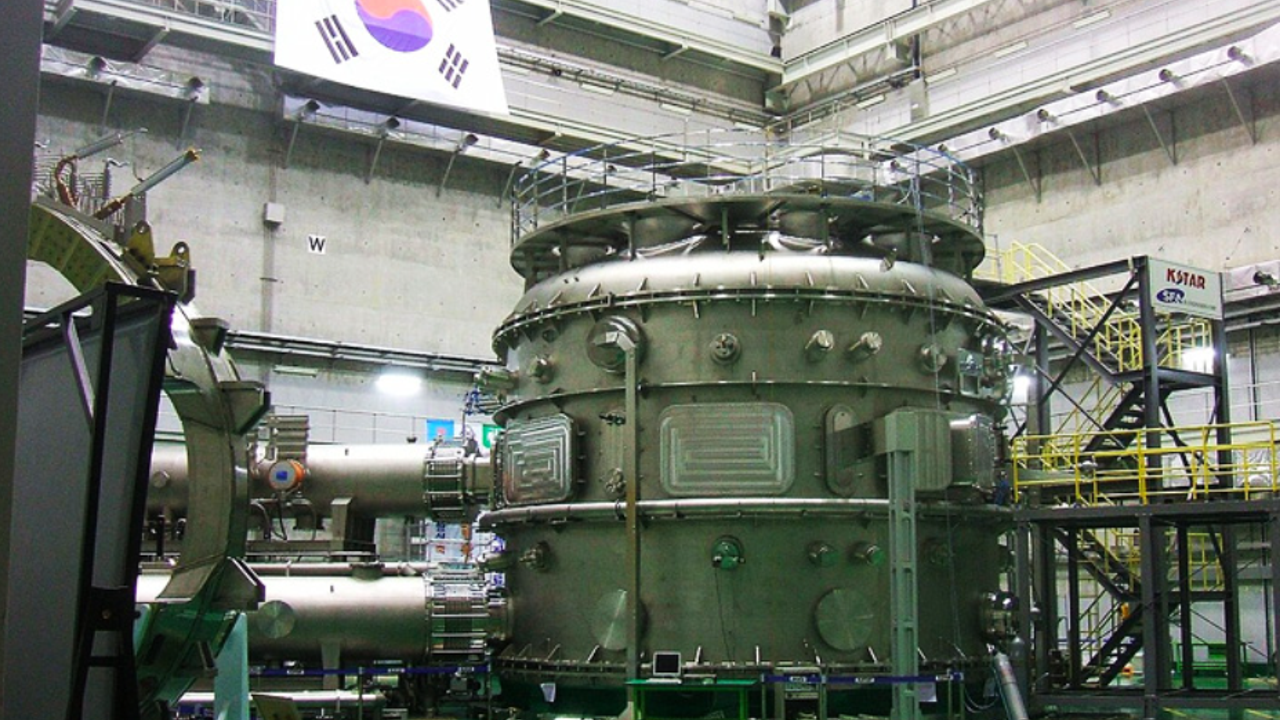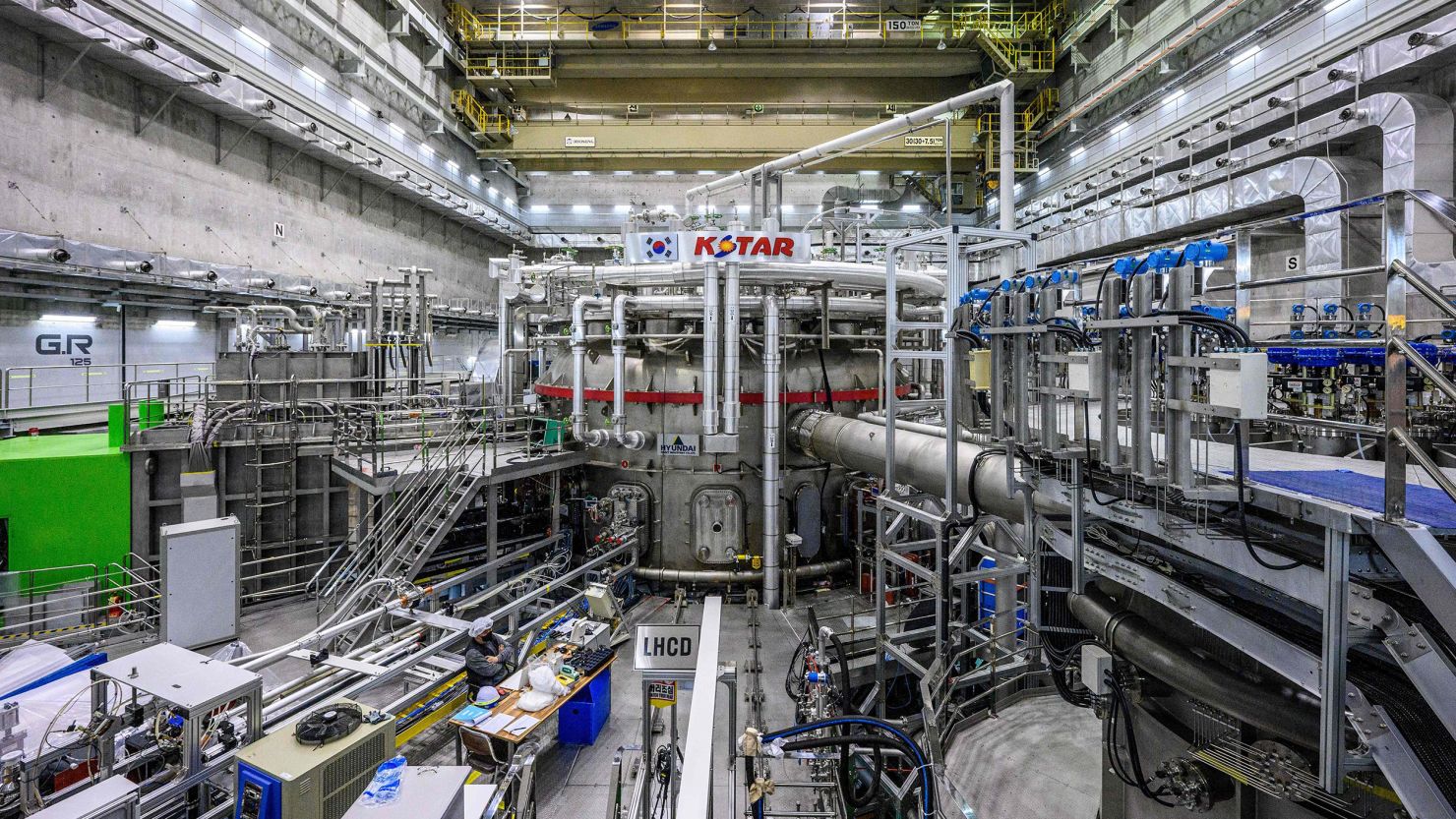South Korea's 'artificial Sun' achieves landmark in nuclear fusion
South Korea's KSTAR nuclear reactor sustains plasma at a staggering 100 million degrees Celsius, seven times hotter than the Sun's core, marking a significant leap in fusion energy research

In South Korea, the KSTAR nuclear reactor has set a world record by operating at 100 million degrees Celsius for 48 seconds during testing conducted between December 2023 and February 2024
KSTAR is the fusion research device of KFE commonly known as the "artificial sun".
Researchers have successfully sustained plasma at temperatures of 100 million degrees Celsius, seven times hotter than the Sun's core, for 48 seconds, surpassing the previous world record of 30 seconds set in 2021.

Scientists at the Korea Institute of Fusion Energy (KFE) aim to develop clean energy sources that do not contribute to carbon pollution by advancing nuclear fusion technology with the KSTAR nuclear reactor, striving to sustain it at 100 million degrees Celsius for as long as possible.
The research endeavors mimic the reactions that cause the Sun and other stars to shine, generating exceptionally high temperatures.
New goal 300 seconds
Si-Woo Yoon, Director of the KSTAR Research Center, emphasized the significance of achieving and sustaining such high temperatures, acknowledging the difficulty involved and underscoring the importance of this latest record.
The director noted the goal of operating the reactor for 300 seconds by 2026.
Source: Newsroom







